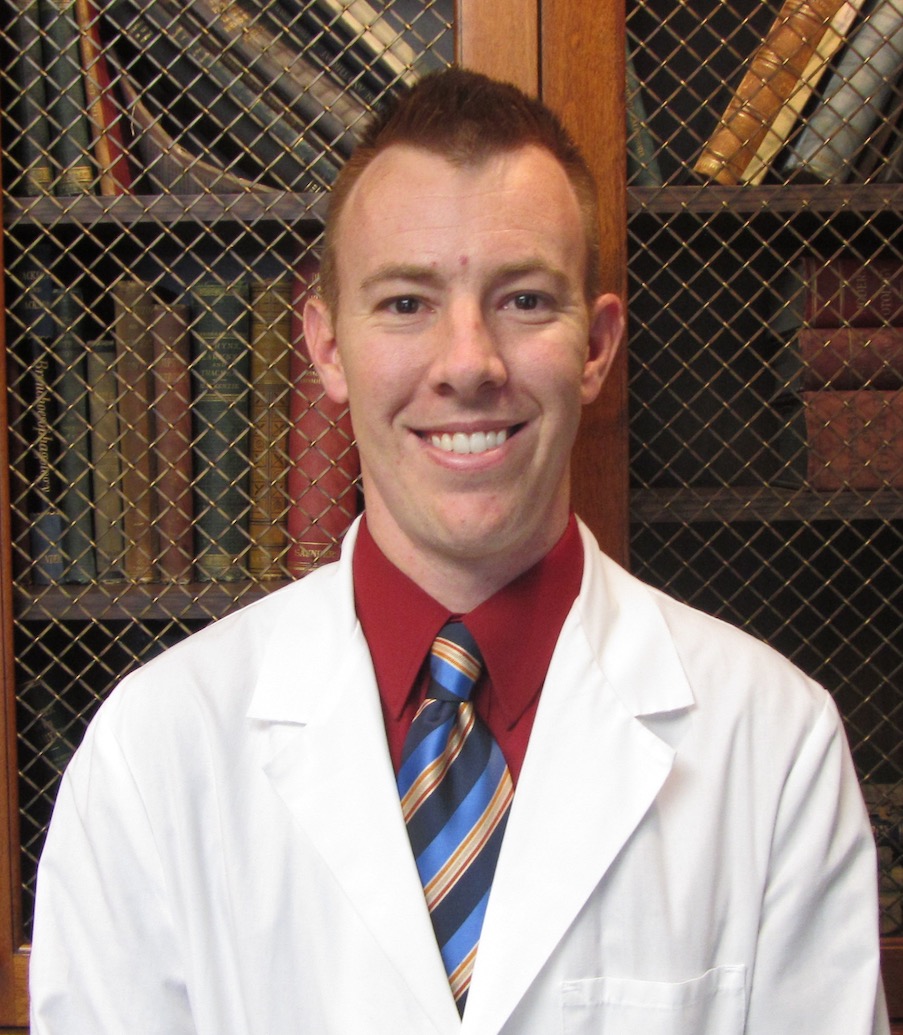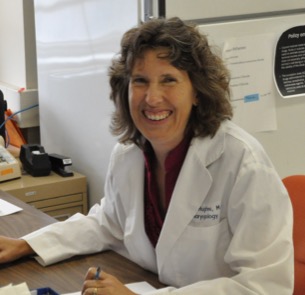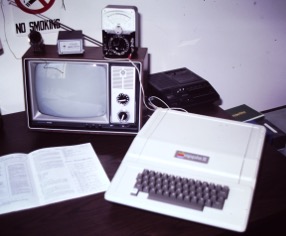Alec Salt
Alec Salt is currently the Director of Cochlear Pharmacokinetics at Turner Scientific, a CRO in Jacksonville, Illinois specializing in studies of the inner ear including drug pharmacokinetics. Our goal at Turner is to provide guidance and support to anyone in the field trying to bring an inner ear therapeutic to market.
I have been incredibly fortunate to have spent my entire career studying how the inner ear works - now an amazing 52 years in the business. I started with my Masters project in 1973 at the University of Birmingham, England. From there I did a post-doc in North Carolina and worked my way up the ladder to become a Professor in the Department of Otolaryngology, Washington University Medical School in St Louis. I was funded continuously by NIH for 29 years with my main grant "Inner Ear Fluid Interactions", in addition to numerous other grants and industry contracts. In September 2021 I was fired by Washington University because of my refusal to receive Covid vaccine. I knew enough about the cationic liposome technology of the vaccine to know it was unsafe, specifically because cationic liposomes had been used to allow other drugs to enter the brain across the blood-brain barrier. As a result, my entire lab and the corporate contracts that supported it at Wash U were moved to Turner Scientific. In retrospect (now over four years later) moving to Turner Scientific was a great decision. Very happy and no regrets.
This link is to Alec Salt's Current List of Publications from NCBI
This link to to Alec Salt's Orcid profile, which includes education, training and background information
But you can't work in research without the help of staff and colleagues. Credit is due to lab members:-
 Jared Hartsock (who also moved to Turner)
Jared Hartsock (who also moved to Turner)
 Ruth Gill (who took another position at Wash U)
Ruth Gill (who took another position at Wash U)
Mentors in the past include:
Dr. David Aidley, University of East Anglia, UK. Taught me physiology and biophysics, an important foundation for my career.
Dr. Phyllis Stopp, University of Birmingham, UK. Ph.D Supervisor, patient and supportive.
Dr. Teruzo Konishi, NIEHS, Research Triangle Park, NC, USA. Post Doc that taught me the best techniques for working in the ear.
Dr. Ruediger Thalmann, colleague and collaborator for years. Taught me grantsmanship.
Dr. Stefan Plontke, initially a German medical resident but now Charman of ENT at Halle, Germany. Long time collaborator.
Credit also to my 1970's vintage Apple Computer:

While living in Raleigh, NC in 1978, I bought this Apple II computer. It was one of the first available at the time, costing about $1000 with Integer Basic (no floating point) and 16K of RAM. In those days, programming microcomputers was a "hobby" and I spent a lot of time (most of my non-working time) doing it. Also, a lot more money upgrading as new options became available. Computer programming (completely self-taught) became an integral part of my career. When I joined Wash U in 1984 my lab was set up with all data collection computer controlled using software I wrote myself. In later years, the FluidSim program required knowledge both of fluid physiology and computer programming to become valuable. None of these things would have happened if I had played more tennis in Raleigh, instead of working on the original Apple II.
